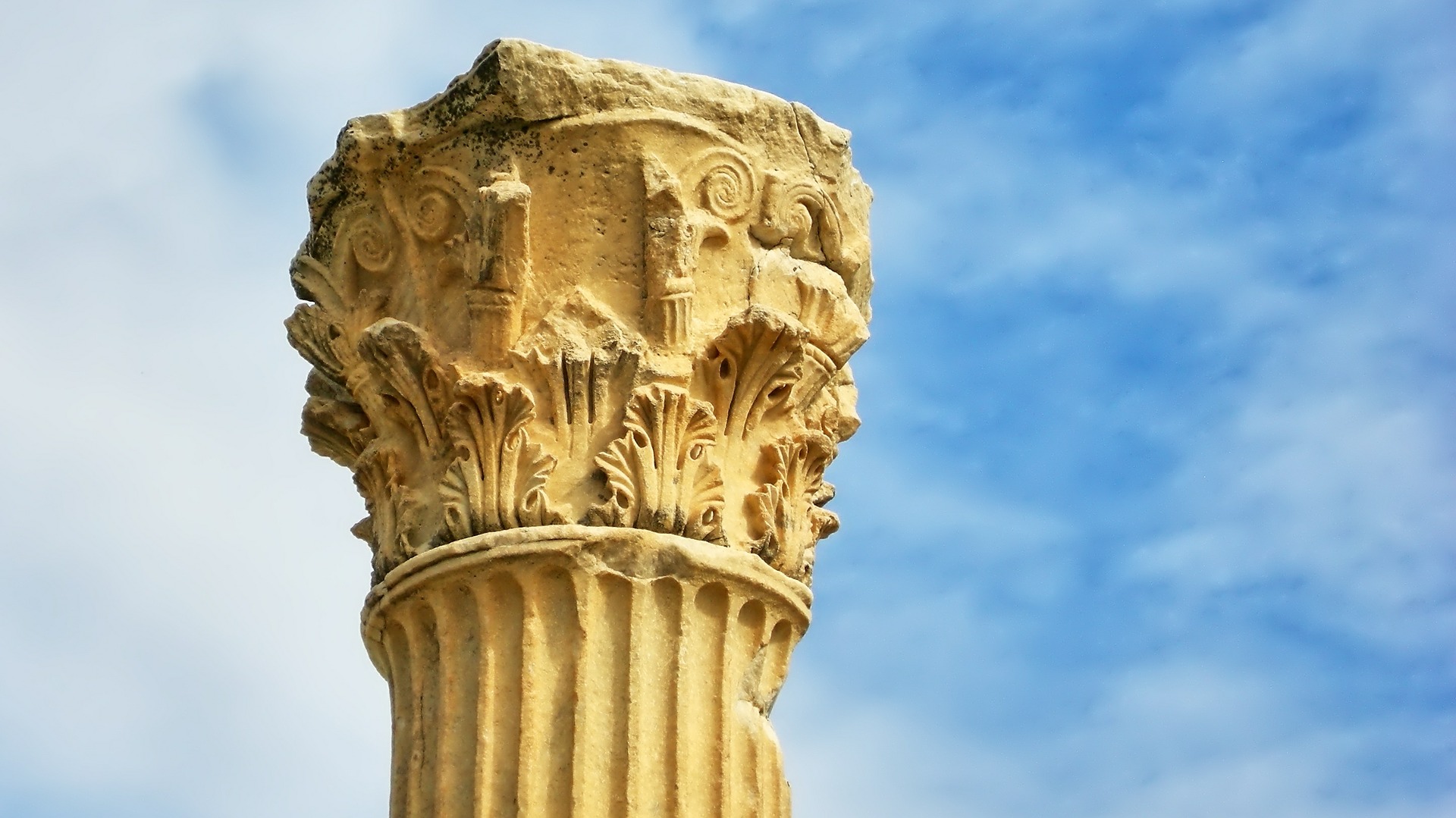Along the banks of the Aegean Sea, archaeologists have uncovered an ancient silver mine that’s nearly 5,000 years old.
A silver mine recently unearthed in Thorikos, Greece, has given archaeologists and historians a glimpse into the array of techniques employed by ancient Greek miners. To understand the significance of this discovery, it’s important to consider mining’s centrality to the development of Greek civilization. Without further ado, let’s take a look back in time.
The Long and Winding Mine
Led by Professor Dr. Denis Morin of the University of Lorraine, archaeologists spent weeks combing the mine and studying its complex infrastructure. Dating back to 3200 B.C., the mine’s dynamic edifice is unlike any historians have ever seen. In an article for Geology Page, Dr. Morin explains its significance: “The Greek mine is exceptional not only for its scope but for its layout as well, which is unlike any mining system existing in the area.”
Said layout consisted of narrow, winding paths, which would have proved treacherous terrain for miners tasked with searching for and extracting the precious metal: “Today, it is difficult to imagine the extreme conditions in which the miners had to work in this maze of galleries,” Morin notes. “The hardness of the bedrock and the mineralizations show the extreme working conditions of these workers, for the greater part slaves, sentenced to the darkness and the extraction of the lead-silver ore.”
Mining archaeologists faced similarly challenging conditions while exhuming the galleries of the mine. According to New Historian, “Mapping the system of mining shafts has proven extremely difficult even for experienced archaeologists, who are required to wear high-tech equipment through the cramped and intertwining network of shafts in stifling conditions and [brutal] temperatures.”
Greek Mining Today

Extreme temperatures, long hours, and challenging environments were characteristic of ancient Greek mining, but today, Greek miners face much more favorable conditions.
Greece’s mining sector accounts for more than 4 billion euros annually, according to Trading Economics. The mining and metallurgical industry makes up about 4% of Greece’s total GDP and employs around 80,000 Greek workers. Although the ancient mine found in Thorikos was primarily used to extract silver, today’s Greek mines unearth a diverse range of precious metals: according to Mining Greece, “Greece…is the only producer of huntite-hydromagnesite and the biggest producer of perlite in the world. Greece is the second biggest producer of bentonite in the world and the leading exporter of magnesite in the EU.”
Clearly, Greece’s strong mining sector has sustained the country’s growth and been a major source of revenue for thousands of years. Although mining practices have become more sophisticated since the days of ancient Greece, there is still a safety risk associated with fugitive dust at mining sites everywhere.
With Midwest Industrial Supply, Inc.’s proven solutions for combatting this airborne dust, mining operators can guarantee the safety of their workers, the environment, and surrounding communities. Midwest’s underground road dust control solutions reduce PM10 and PM2.5 dust emissions during the mining process, ensuring that mines can continue their economically crucial work across the globe.


